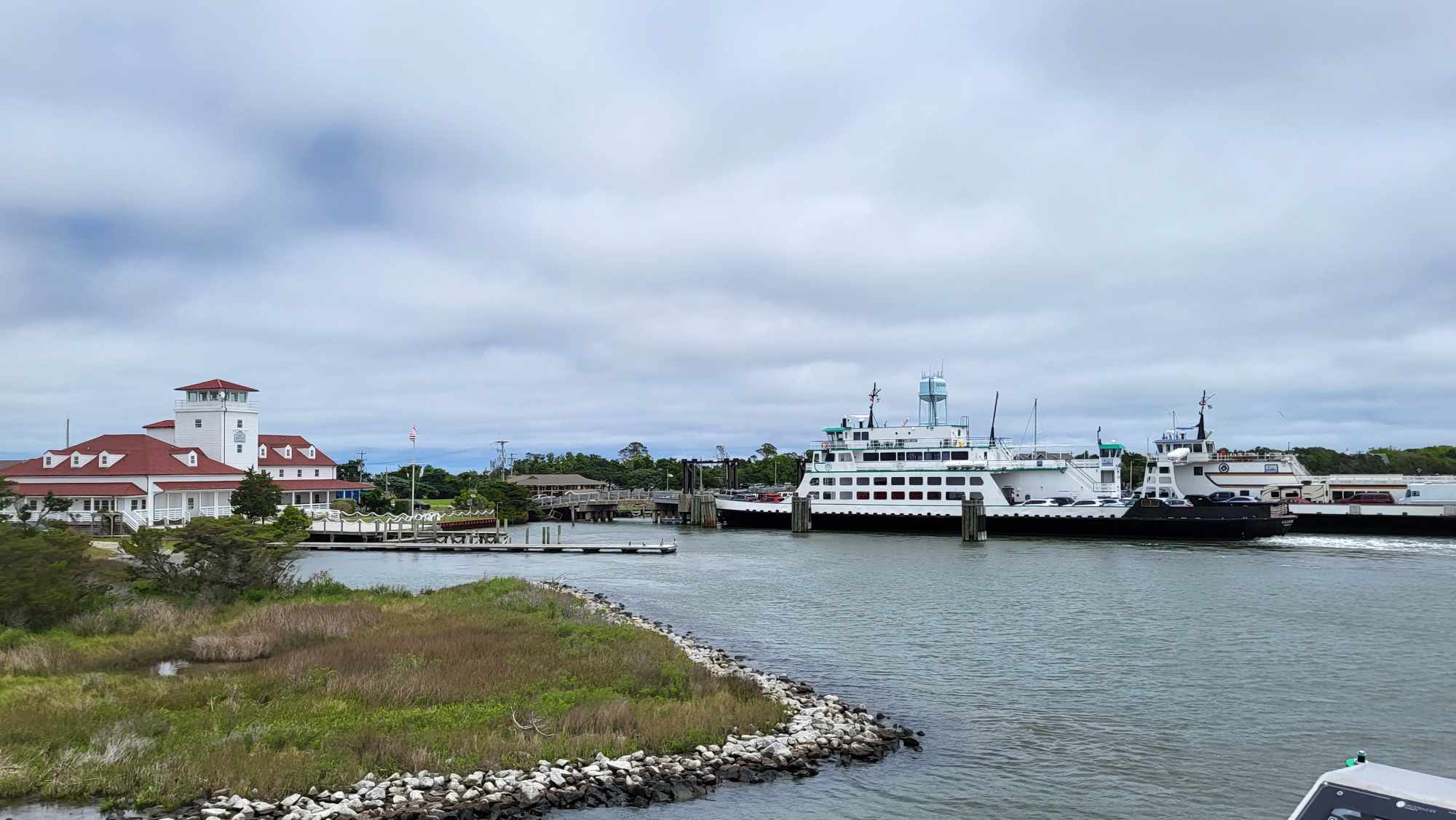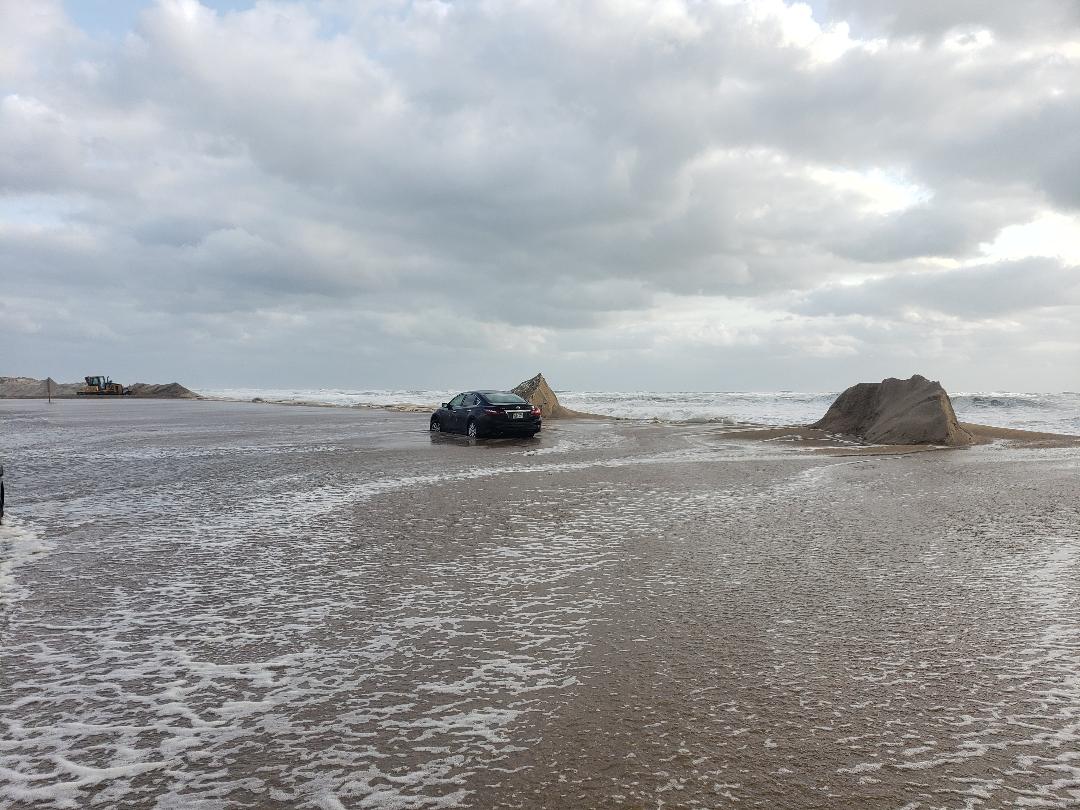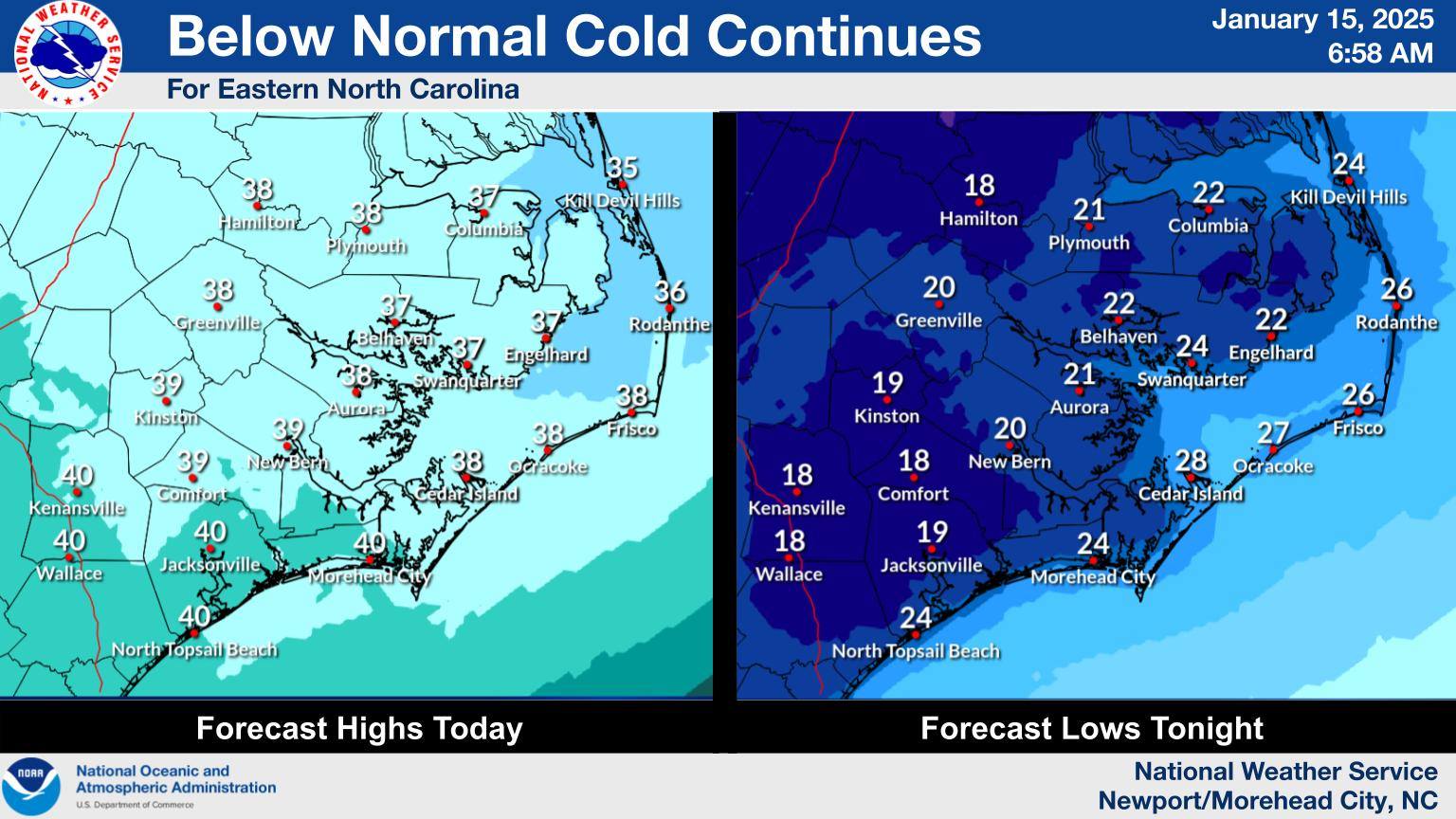Dare County offers free radon testing kits
The Dare County Department of Health & Human Services advises that as the turning of the seasons brings colder weather to North Carolina and families close windows to keep warm, it is an excellent time to make plans for radon testing in your home.
Radon is the odorless, colorless gas that is the second leading cause of lung cancer in the United States. The effects upon the families it touches can be just as devastating as lung cancer caused by smoking tobacco.
January is National Radon Action Month. Each year upwards to 22,000 people die from radon-induced lung cancer. Roughly 54 percent of those diagnosed with early-stage lung cancer are expected to live no more than five years after diagnosis.
The county Department of Health & Human Services is partnering with the North Carolina Radon program to provide free short-term radon test kits in recognition of National Radon Action Month.
A limited supply of radon test kits are being made available locally at the following locations in early January 2016:
Approximately 15,000 kits are being distributed statewide. Only one kit per home is needed to determine if your home has a high level. The North Carolina Radon Program website, www.ncradon.org, will have a list of all 110 participating organizations across North Carolina. The N.C. Radon Program website will also have a limited supply of kits available.
Once the supply of free kits have been exhausted, the N.C. Radon Program website will return to providing short-term radon test kits at a reduced cost of $6 a kit that retails at $15.
The North Carolina Radon Program of the North Carolina Department of Health and Human Services educates families and homeowners about radon gas, how to test for radon gas and how to lower the radon levels within a home. Lowering the radon levels in a home lower the risk of lung cancer.
The North Carolina Radon Program website also contains a new mobile application. Meant to particularly help real estate brokers working in North Carolina, the mobile application will assist the user in determining how many tests have been conducted within a zip code as well as the highest radon level recorded in that zip code. The user of the APP will also be able to locate a certified professional to assist them in testing or fixing the radon issue in their home.
The cost of lowering radon levels in a home costs an average of about $1,500. The North Carolina Radon Protection Section sought help for families that might struggle to meet that expense. The Self Help Credit Union stepped up and created a loan program specifically for radon mitigation. North Carolina homeowners who meet federal poverty criteria may be eligible for forgivable loans from local programs. A link to more information is available on the N.C. Radon Program website.
For more information, visit www.ncradon.org or call the Dare County Department of Health & Human Services’ Environmental Health Unit at 252-475-5080.













